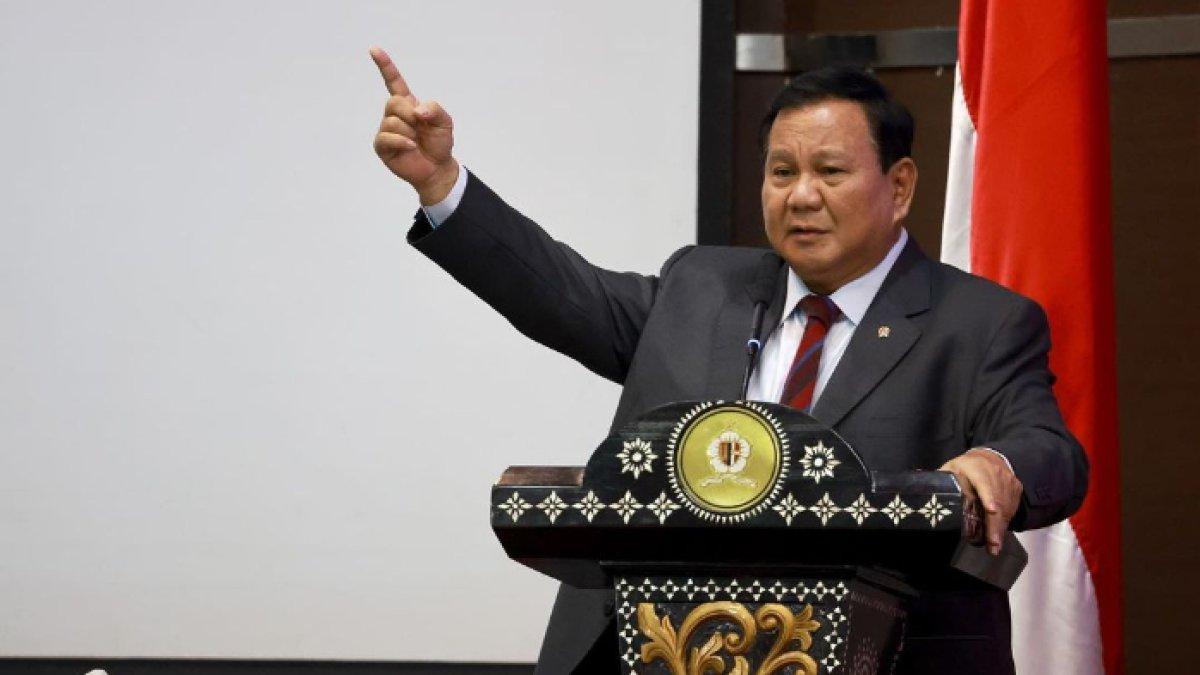General elections are scheduled to be held in Indonesia on 14 February 2024 to elect the President, Vice President, People’s Consultative Assembly.
Around 7,325 Indonesian expatriates have registered to vote in Indonesia’s upcoming presidential election during a plenary meeting held at the embassy of Indonesia, the Overseas Election Committee in Qatar (PPLN Qatar) confirmed.
Indonesia’s Ambassador to Qatar, Ridwan Hassan, and the Indonesian Election Supervisory Committee in Qatar (Panwaslu LN) were present at the meeting, a statement released on Sunday confirmed.
Out of 7,325 registered voters, 4,570 (62.38%) were female and 2,755 (37.62%) were male.
Scheduled for February next year, Indonesia’s national election, one of the world’s largest with over 200 million voters, will decide the president, vice president, and members of parliaments.
This critical democratic process will not only take place domestically but also abroad, reaching Indonesian communities globally, including in Qatar.
Indonesia is the world’s third-largest democracy and its most populous Muslim-majority country. Three male contenders have already entered the presidential race.
Veteran politician Prabowo Subianto, former special forces commander and current defence minister, is taking his third shot at the presidency. Despite his past shrouded in allegations of human rights violations, he leads the current opinion polls with 32% support.
Ganjar Pranowo, governor of Central Java, is backed by Indonesia’s largest party and ranks second in the polls with 28% support.
He has earned considerable public approval, especially from the younger demographics, thanks to his humble background and active social media presence.
Finally, Anies Baswedan, the governor of Jakarta, is also seen as a likely frontrunner.
Despite criticism over his handling of recurrent flooding, his effective response to the Covid-19 crisis has bolstered his popularity. However, his controversial endorsement by hardline Islamist groups has been a subject of public debate.
These candidates represent diverse backgrounds and ideologies, setting the stage for a dynamic and robust election next year.







